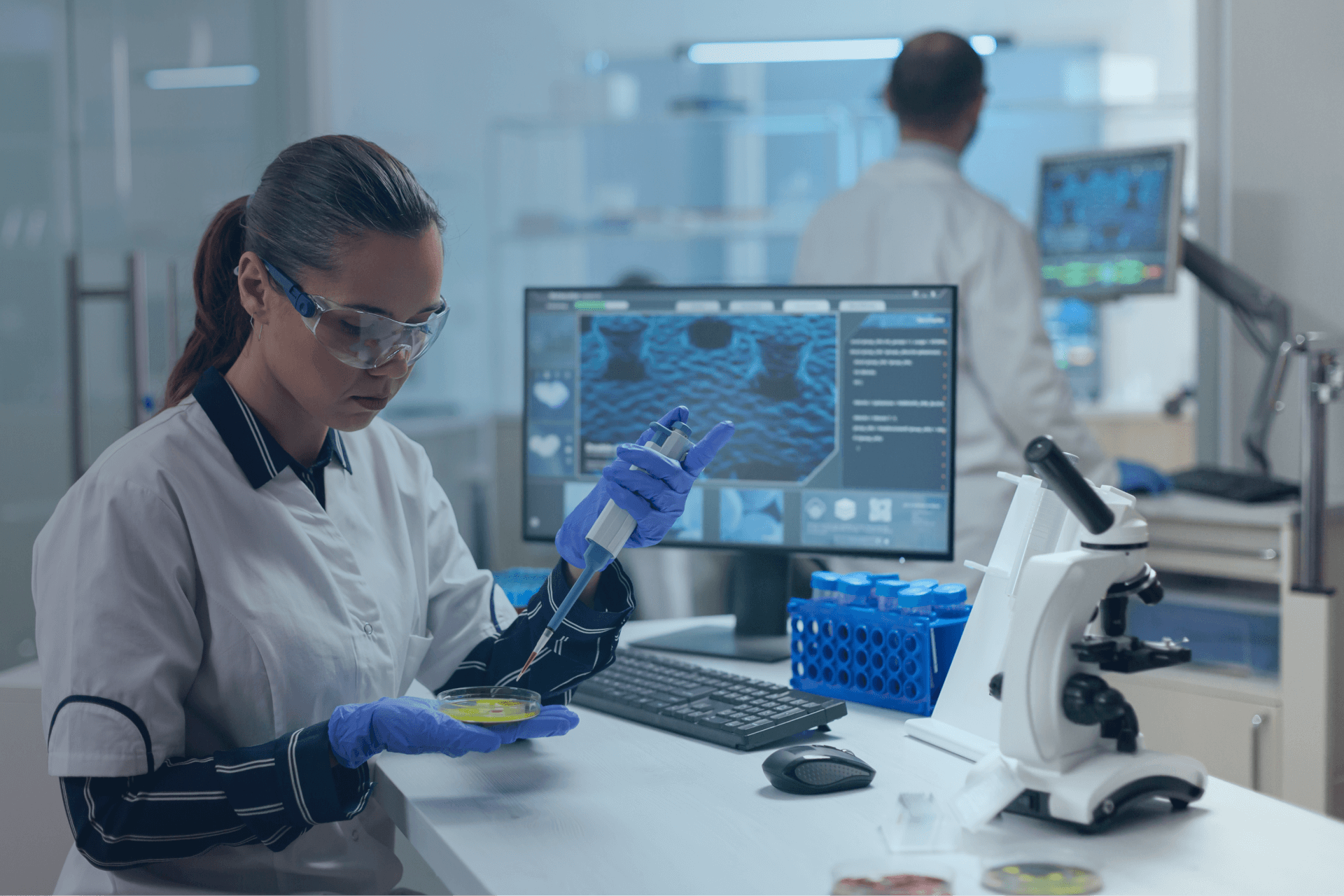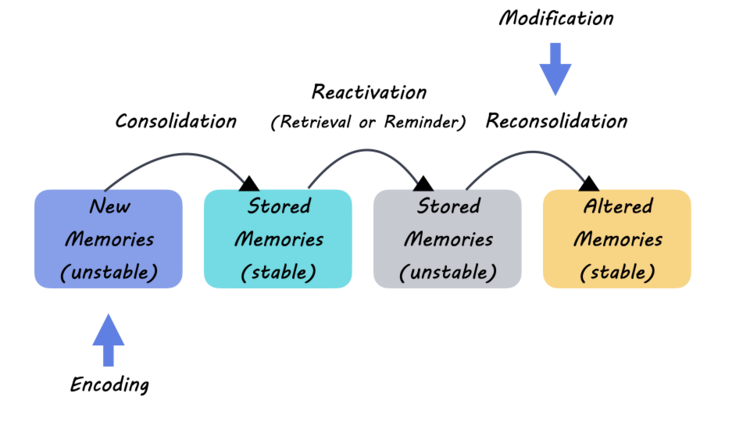Artificial intelligence in healthcare is emerging as a revolutionary force, reshaping the way medical practitioners diagnose and treat patients. With the integration of large language models, healthcare transformation is becoming a reality, enhancing AI patient interaction and refining medical education technology. This evolution not only promises to increase efficiency in clinical settings, but also aims to reduce human error, ultimately leading to better patient outcomes. As this technology takes root, the future of AI in medicine appears bright, offering vast potential for improving the quality of care. However, it also raises critical questions about its implementation and ethical considerations, as we navigate the complexities of harnessing AI effectively.
The intersection of technology and medicine is undergoing significant change, often referred to as the AI revolution in healthcare. Innovations such as smart algorithms are enhancing the efficiency of medical practices and transforming physician-patient dynamics. By leveraging advanced computational tools, we are witnessing a renaissance in medical education, where future doctors can access information instantaneously. The rise of intelligent systems not only streamlines routine tasks but also offers deeper insights into diagnostic challenges. These advancements mark a pivotal moment in healthcare, enabling providers to deliver more personalized and effective care.
The Rise of Artificial Intelligence in Healthcare
Artificial intelligence (AI) is revolutionizing the healthcare landscape by enhancing patient care, optimizing clinical workflows, and facilitating groundbreaking research. AI’s evolution, particularly through large language models (LLMs) like ChatGPT, allows healthcare professionals to access information with unprecedented speed and accuracy. The integration of these intelligent systems into everyday medical practice signifies a shift towards a more data-driven approach, positioning AI as a critical tool in supporting healthcare providers.
This transformation can be likened to the medical advancements seen after the decoding of the human genome or the advent of the internet in everyday life. As AI in medicine becomes more sophisticated, it holds the promise to alleviate burdens such as the administrative tasks that often consume physicians’ time. By streamlining these processes, healthcare providers can focus more on direct patient interactions, thereby fostering improved relationships between doctors and patients.
Frequently Asked Questions
How is artificial intelligence transforming healthcare delivery?
Artificial intelligence (AI) is transforming healthcare delivery by increasing efficiency, reducing errors, and enhancing patient-doctor interactions. By leveraging AI in medicine, healthcare providers can streamline administrative tasks, improving workflow and allowing for more meaningful face-to-face interactions with patients.
What role do large language models play in medical education technology?
Large language models (LLMs) are revolutionizing medical education technology by providing instant access to medical literature and enabling students to deepen their understanding of complex concepts quickly. Tools powered by LLMs allow for real-time querying of information, significantly reducing research time and enhancing learning outcomes for medical students.
Can AI enhance doctor-patient interactions in healthcare?
Yes, AI can significantly enhance doctor-patient interactions by providing real-time analytics and insights. For instance, AI tools can help doctors understand implicit biases, verify diagnoses, and ultimately foster better communication and trust with patients, leading to improved care and outcomes.
What challenges does artificial intelligence face in healthcare?
Despite its potential, artificial intelligence in healthcare faces several challenges, including data bias, hallucination of information, and the need for human oversight. These issues can lead to disparities in care and affect the reliability of AI-driven decisions, necessitating careful implementation and continuous monitoring.
Why are large language models considered a breakthrough in AI in medicine?
Large language models are considered a breakthrough in AI in medicine because they can understand and process vast amounts of medical information, delivering insights and suggestions that can aid physicians in diagnosis and treatment. This capability enhances clinical decision-making and helps bridge knowledge gaps in complex cases.
What is the impact of AI patient interaction on healthcare outcomes?
AI patient interaction has a positive impact on healthcare outcomes by providing patients with instant access to information and support. This technology enables timely second opinions and personalized recommendations, ultimately enhancing patient satisfaction and engagement in their own healthcare journeys.
How can AI in medicine improve administrative efficiency in healthcare?
AI in medicine can improve administrative efficiency in healthcare by automating routine tasks such as documentation, scheduling, and prior authorization requests. This allows healthcare professionals to focus more on patient care rather than paperwork, reducing burnout and improving overall efficiency.
What are the ethical considerations of using AI in healthcare?
Ethical considerations of using AI in healthcare include addressing potential biases in data, ensuring patient privacy, and maintaining human oversight in decision-making processes. It is crucial to implement AI systems that prioritize equitable care and ethical standards in healthcare delivery.
How does AI contribute to reducing healthcare disparities?
AI can contribute to reducing healthcare disparities by improving access to medical knowledge and personalized care. By analyzing diverse datasets and tailoring interventions to meet various patient populations’ needs, AI can help address inequalities in healthcare delivery.
In what ways is AI expected to shape the future of healthcare?
AI is expected to shape the future of healthcare by enabling personalized medicine, enhancing diagnostic accuracy, streamlining administrative workflows, and fostering continuous learning among healthcare professionals. This evolution will lead to improved patient outcomes and a more efficient healthcare system overall.
| Key Points | Description |
|---|---|
| Artificial Intelligence’s Role | AI has the potential to transform healthcare by streamlining processes, enhancing patient care, and minimizing errors. |
| Impact on Efficiency | Adoption of AI can reduce administrative burdens, allowing healthcare providers to focus more on patient interactions. |
| AI Limitations | Current AI models can produce unreliable outputs (‘hallucinations’) and be biased, necessitating ongoing human oversight and adjustment. |
| Healthcare Equity Issues | AI can perpetuate existing biases in healthcare data, raising concerns about equitable access to care among diverse populations. |
| Future of AI in Medicine | Experts call for responsible integration of AI along with the human workforce to improve patient outcomes and medical education. |
Summary
Artificial intelligence in healthcare promises a revolutionary leap in enhancing patient care by improving efficiency, reducing errors, and facilitating evidence-based decision-making. Leveraging AI tools, healthcare providers can streamline administrative tasks, thus fostering deeper interactions with patients. However, the integration of AI into clinical practice must be approached with caution, as biases and inaccuracies within AI systems threaten to exacerbate existing disparities in healthcare. The journey toward optimizing AI in medicine presents abundant opportunities for innovation and improvement, ultimately aiming to create a more equitable and effective healthcare system.









